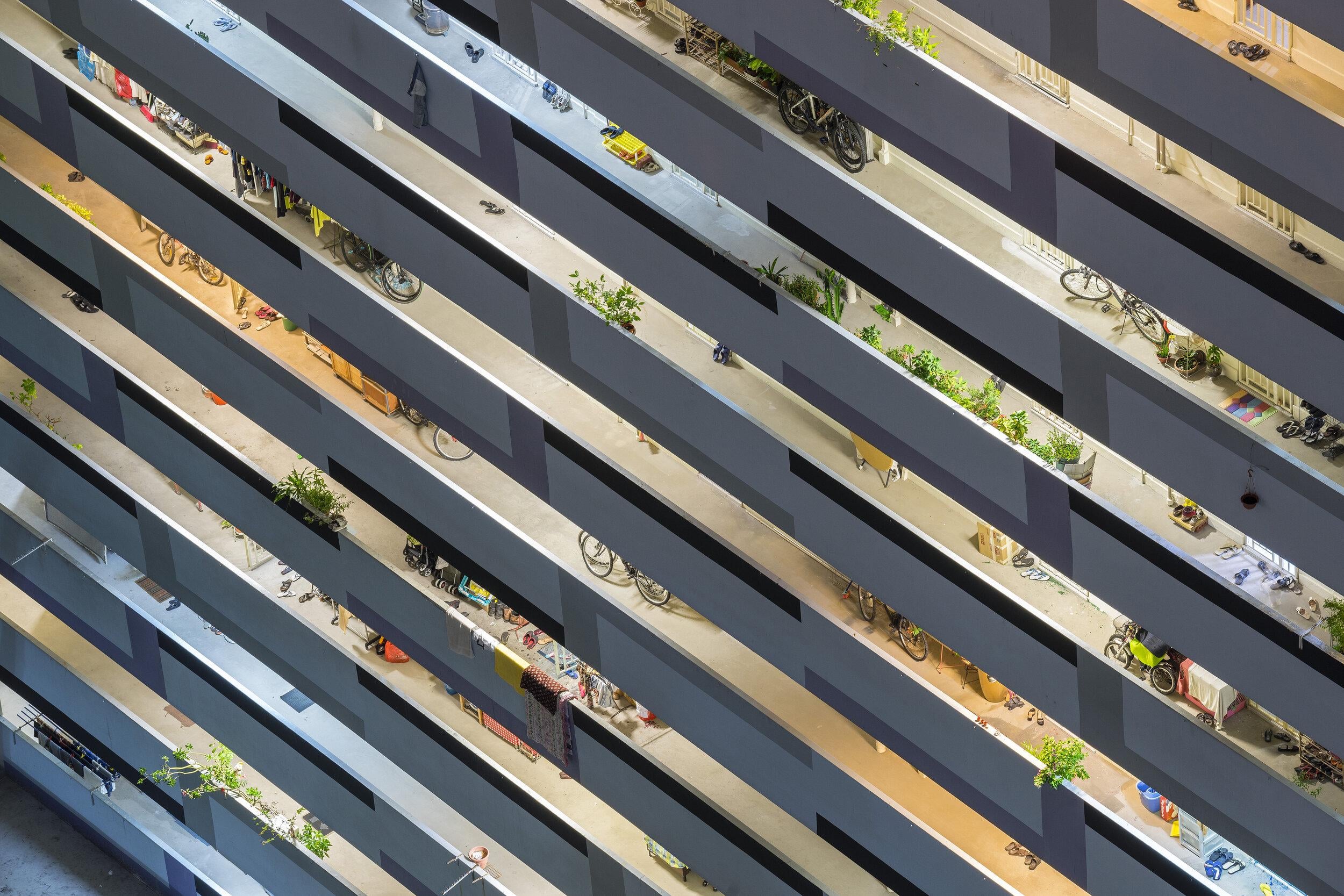[ad_1]

The housing market in Singapore is largely driven by government policies aimed at ensuring homeownership for its citizens. The Housing and Development Board (HDB) is the main provider of affordable public housing in the country, with over 80% of the population living in HDB flats. These flats are sold on 99-year leasehold terms and are subject to various eligibility criteria, such as citizenship status and income levels.
In recent years, the government has introduced various measures to address the issue of housing affordability and accessibility. This includes the implementation of cooling measures to curb speculation and rising prices, as well as the introduction of grants and subsidies to help first-time homebuyers.
For those who do not qualify for public housing, there are private residential properties available in the market. However, these tend to be significantly more expensive than HDB flats and are subject to additional restrictions, such as foreign ownership quotas.
Overall, the Singapore housing market is characterized by its unique mix of public and private housing options, as well as the government’s active role in ensuring housing affordability and accessibility for its citizens. While the market has faced challenges such as rising prices and land scarcity, government intervention and proactive policies have helped to maintain a stable and sustainable housing sector in the country.
